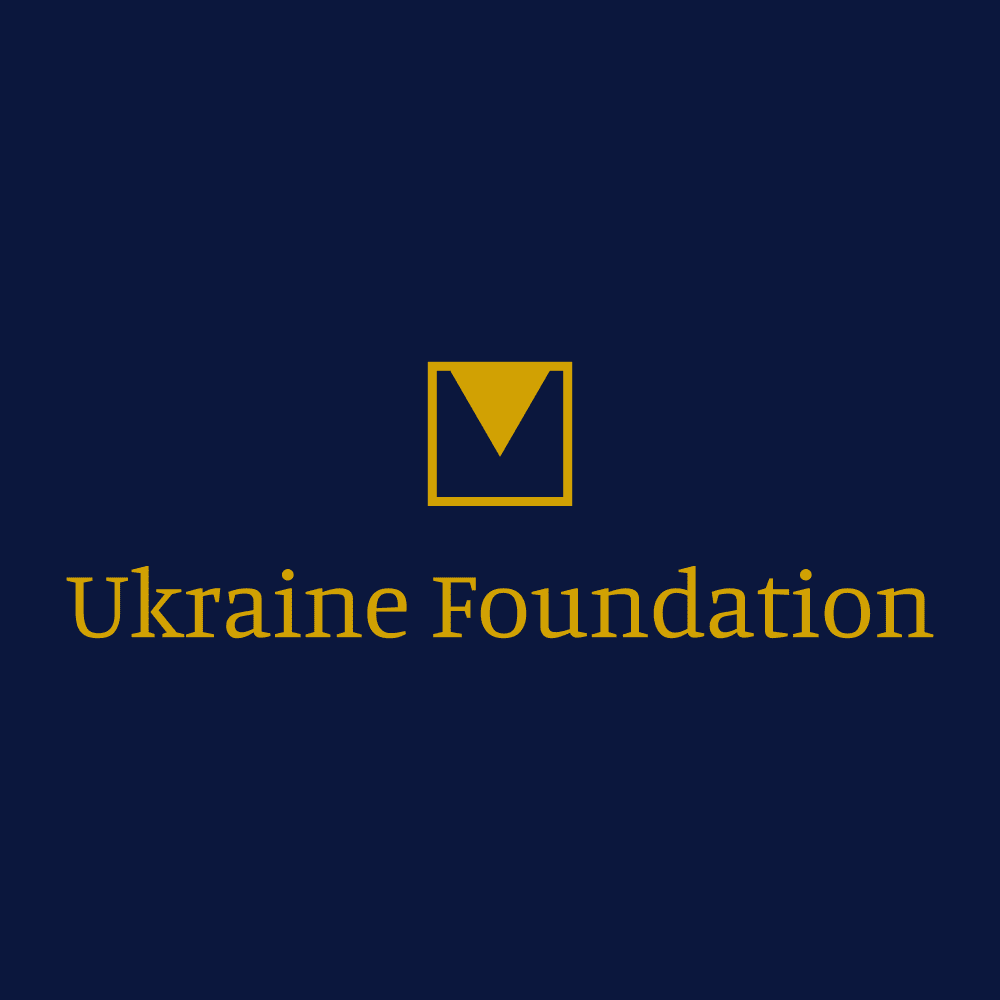Ukraine Foundation
Inspiring Change, Driving Impact
Professor Theocharis N. Grigoriadis is a distinguished economist and scholar specializing in comparative economic development, transition economics, and the economic history of Eastern Europe and Eurasia.

Professor Theocharis N. Grigoriadis holds the W-2 Professor position with tenure at Freie Universität Berlin’s Department of Economics and Institute of East European Studies, where he has served since 2014.
A prolific researcher, Professor Grigoriadis has authored over 40 peer-reviewed articles in leading journals including the Journal of Economic History, European Economic Review, Journal of Conflict Resolution, and China Economic Review. His research spans diverse topics from the political economy of religious institutions to energy economics, climate change, and regional development. His book “Religion & Comparative Development: The Genesis of Democracy & Dictatorship” (Edward Elgar, 2018) exemplifies his innovative approach to understanding the deep historical roots of modern economic and political systems.
Currently, he is completing two major monographs: “Muscovy as New Byzantium: Imperial Political Economies & Orthodox Systems in Ivan IV. the Terrible” and “Spies & Revolutionaries: Imperial Russia’s Foreign Intelligence & the Defense of National Security,” which demonstrate his expertise in Russian imperial history and its contemporary relevance.
Professor Grigoriadis has secured over €1.5 million in competitive research funding from prestigious agencies including the German Research Foundation (DFG), German Academic Exchange Service (DAAD), and the European Commission. He serves as Program Director for multiple international partnerships, including the “Integrated Master of Science in Economic Systems” with the University of Belgrade and various German-foreign university collaborations spanning Russia, Ukraine, Georgia, Uzbekistan, and other Eastern European nations.
His extensive international network includes affiliations with the Hellenic Foundation for European & Foreign Policy, American University of Beirut, and research fellowships at Stanford’s Hoover Institution and Sabancı University’s Istanbul Policy Center. He has supervised over 150 completed theses at bachelor’s, master’s, and doctoral levels, mentoring the next generation of scholars in economics and area studies.
Beyond academia, Professor Grigoriadis contributes to policy through advisory roles with international organizations including the Open Society Foundations and UN Economic & Social Commission of Western Asia. His expertise in energy economics, climate policy, and post-conflict development has informed policy discussions from the Middle East to Central Asia.
Professor Grigoriadis holds multiple doctoral degrees from leading institutions: a PhD in Political Science from UC Berkeley (2012), a PhD in Economics from Saint Petersburg State University (2012), and is currently completing a PhD in Slavic Literatures and Cultures at Humboldt Universität zu Berlin. His educational foundation includes an MA in Russian and East European Studies from Yale University (2005) and an LLM from the University of Athens (2007). This interdisciplinary background uniquely positions him at the intersection of economics, political science, and cultural studies.
Fluent in eight languages including Greek, English, German, Russian, and Ukrainian, Professor Grigoriadis embodies the international perspective essential for understanding complex economic transitions and development patterns across cultures and political systems. His work bridges rigorous quantitative analysis with deep historical and cultural understanding, making him a leading voice in comparative economics and the study of institutional development in transition economies.
Milan: Natalie Shkarban At Ukraine Recovery Conference’s Milan Preparatory Business Forum

On 5 March 2025, Milan hosted the pivotal “On the Road to URC 2025” business forum, marking a significant milestone in the lead-up to the Ukraine Recovery Conference (URC) scheduled for 10–11 July in Rome. This preparatory event convened over 550 representatives from 23 countries, including government officials, international financial institutions, and private sector leaders, to strategize Ukraine’s post-war reconstruction and economic revitalization.
Keynote speakers included Ukrainian Prime Minister Denys Shmyhal (via video message), First Deputy Prime Minister Yuliia Svyrydenko, Italian Foreign Minister Antonio Tajani, and Lombardy Region President Attilio Fontana. Their addresses underscored the urgency of mobilizing international investment and fostering public-private partnerships to rebuild Ukraine’s infrastructure, energy systems, and industrial base.
Discussions at the forum focused on several strategic areas:
• Investment and Financing: Exploring mechanisms to attract foreign capital, including risk insurance and government incentives.
• Energy Resilience and Green Transition: Promoting sustainable energy solutions and the development of a green energy system in Ukraine.
• Industrial Production and SMEs: Enhancing local manufacturing capabilities and integrating Ukrainian small and medium-sized enterprises into global supply chains.
• Infrastructure and Housing: Reconstructing critical infrastructure and providing housing solutions for internally displaced persons.
The event also highlighted collaborative initiatives such as the partnership between Lombardy and Zaporizhzhia regions and the presentation of a master plan for Mykolaiv’s recovery.
This Milan forum set the stage for the upcoming URC 2025 in Rome, which aims to consolidate international support and secure tangible commitments for Ukraine’s reconstruction efforts.
FAQs
How does the Ukraine Foundation support individuals affected by war?
The foundation empowers war-affected individuals by providing skill development programs, training opportunities, and employment initiatives. It collaborates with governments and stakeholders to shape policies that help displaced individuals integrate into job markets. Additionally, it supports entrepreneurial ventures through financial assistance, mentorship, and networking opportunities.
How does the Ukraine Foundation foster creativity and innovation?
The foundation supports creative minds by offering scholarships and grants for transformative projects in education, the humanities, and the arts. It implements programs that encourage interdisciplinary collaboration, artistic expression, and academic excellence. Additionally, it connects emerging talents with experienced professionals and organizes high-profile events to amplify creative voices.
What kind of entrepreneurial support does the Ukraine Foundation provide?
The foundation encourages and supports entrepreneurial ventures by offering financial assistance, guidance, and networking opportunities. It helps individuals, especially those affected by war, establish their own businesses and develop sustainable economic solutions. Innovation-driven projects that contribute to rebuilding communities are also a key focus of its support.
Can I apply to be a part of the team or work as a contractor?
The foundation welcomes individuals who are passionate about its mission to apply for team positions or contractor opportunities. The foundation seeks talented professionals across various fields to support its initiatives in creativity, economic resilience, and global cooperation. Interested candidates can explore available opportunities on LinkedIn or contact us directly for more information. Selection is based on expertise, alignment with the foundation’s values, and the potential to contribute meaningfully to its programs.
